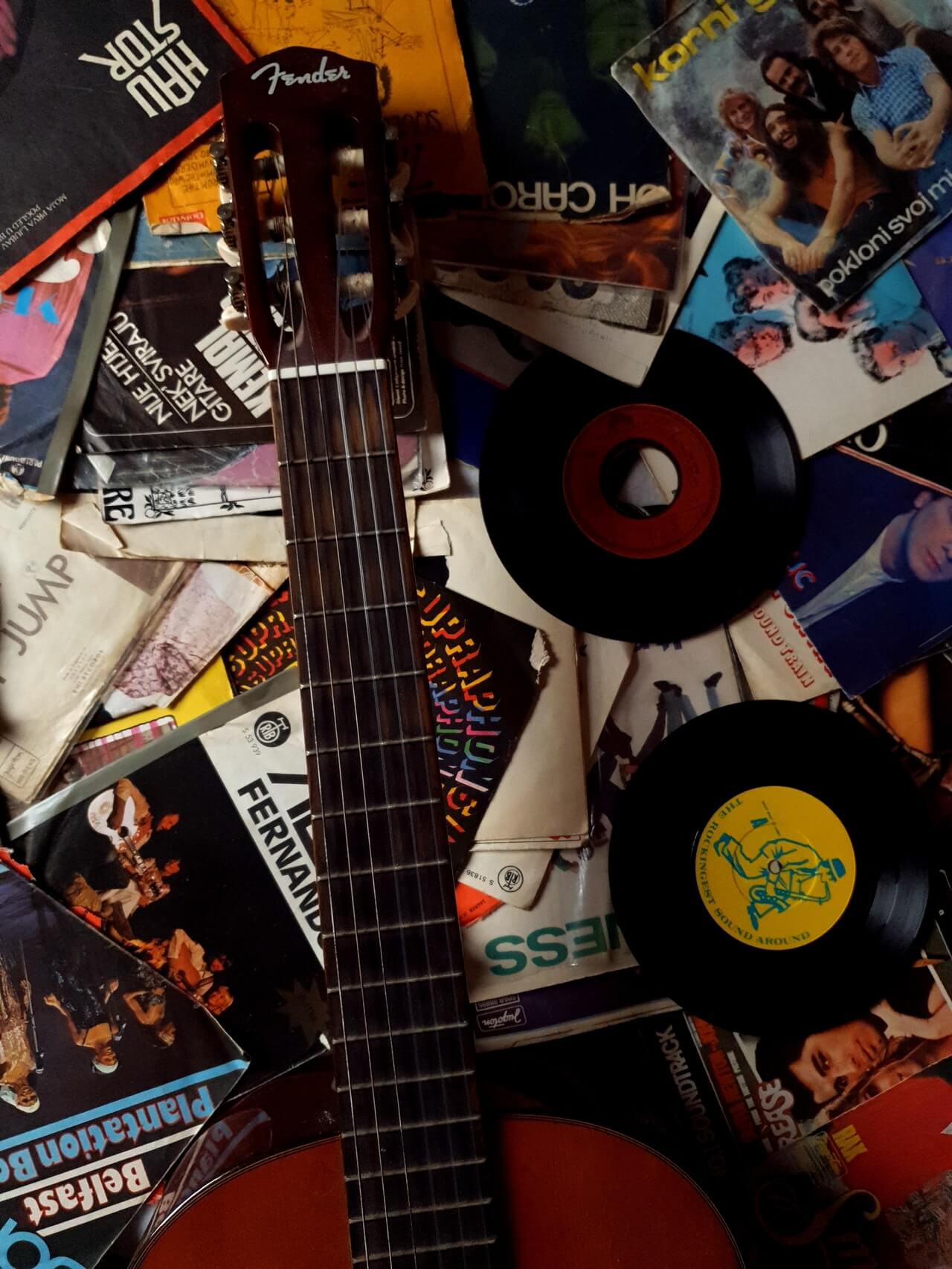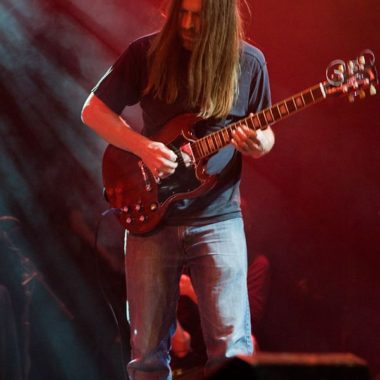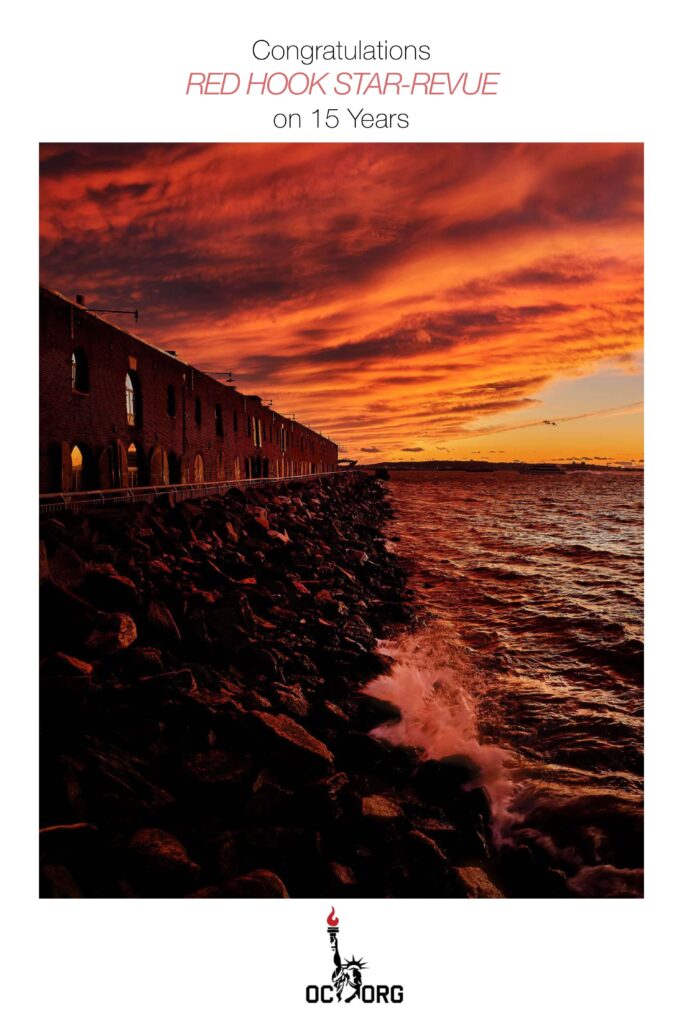The Stooges set at the 1970 Goose Lake Festiival has gone down in their rarified corner of rock history as a turning point for the band, maybe even the beginning of the end. According to legend, bassist Dave Alexander—out of his mind on whatever he was out of his mind on—stood on the stage without playing and was promptly fired afterward. The band carried on, eventually finding a strong replacement in James Williamson, but the core had been cracked.
That story is told in the strangely less-than-laudatory liner notes of the new (and perfunctorily titled) Live at Goose Lake August 1970, but suffice to say that Alexander a) did play (if not very well), and b) wasn’t the only one out of his brain on the stage that day. We’re able to judge for ourselves by way of (according to another story, not included in the booklet but told in The Detroit News) about a box of soundboard recordings from the festival that was kept by the son of the man who made them, even carried from Michigan to Wyoming when he moved, without knowing what the box contained.
What the tape (released on CD, vinyl and download by Jack White’s Third Man Records) shows is a band stumbling on the edge. They had just released their second album, Fun House, a month prior, and they play it in full, with nothing else to get in the way. But they derail immediately. Band members were (according to rock journalist and Detroit native Jaan Uhelszki’s liners) accepting substances without asking questions before they went on. Alexander clearly was hit the hardest. For the first three songs of the seven-song set, he’s out of step, lagging behind the beat and dragging them down.
But then something happens. To call it “magic” would be a bit grand, but something happens to make it a record worth hearing (or at least worth existing). On the slow march of “Dirt,” drummer Scott Asheton seemingly makes a game-time decision. If they’re not gonna play it right, they’re gonna have to play it hard. He dials into a Buddy Miles/Jimi Hendrix mode, with frenetic outbursts keeping the band at least a little on track. His brother, guitarist Ron Asheton, clues in, pushing them into a psych blues jam that stays more or less within the song’s structure.
They still don’t quite lock in, but at least they’ve found a strategy. The newest member of the band, saxophonist Steve Mackay, is brought out for the last three songs (side two of the album) and gives them the overdrive they need. Alexander’s fumblings are all but drowned out. The last 18½ minutes of the set are a glorious morass.
The Stooges weren’t ahead of their time, something for which they’re often given credit, but they were out of sync with their time (and at least at Goose Lake, with each other). They weren’t unlike anything else—MC5 was operating in the same town. They must have been a shock to festival-goers who had shown up for Jethro Tull, Joe Cocker, Savoy Brown and Chicago. But they were probably a welcome sight for at least a few looking for the dose of electroshock therapy rock needs every so often. In that sense, they were an important band, sparking a flame that vocalist/frontman Iggy Pop has fanned ever since. As he’s quoted of saying in the liner notes (from a 2010 interview), “None of us left to be in other bands. I certainly didn’t. I have always been a Stooge.” Sometimes, the world needs a Stooge.
Author
Discover more from Red Hook Star-Revue
Subscribe to get the latest posts sent to your email.













One Comment
I was there. The Stooges were great that evening. The Third Power and Mountain played after them on the same evening. In those days, there were no other bands like the Stooges, but the Doors were close.